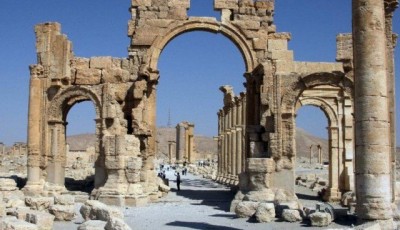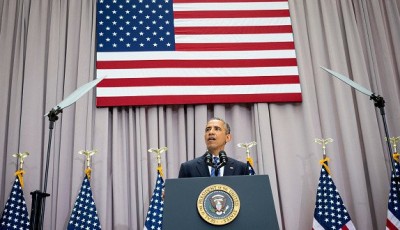Iran nuclear talks continue with no deal in sight
“I think we have resolved some of the things that were outstanding and we?ve made some progress”, Kerry said, as he met with his team of experts at the Palais Coburg hosting the talks in Vienna.
“We’re working hard; we’re pushing”, Kerry said.
Earlier, US Secretary of State John Kerry signalled that diplomats won’t conclude an Iran nuclear agreement by early today. That relatively minor additional delay won’t likely wreck any deal but it reflects continuing unease among many Republicans as well as Democrats that Mr. Obama may be giving away too much in seeking a rapprochement with Tehran.
Nuclear talks between Iran and six world powers appear no closer to a deal, and Iran’s foreign minister says the other side is to blame.
The scope of access to United Nations inspectors monitoring Iran’s nuclear program remains one of the sticking points in the talks.
“All of us feel it would be really, more than unfortunate, it would be quite a tragedy if we’ve come this far – we have really made a significant and substantial amount of progress, quite extraordinary – it would be very, very unfortunate if we could not get it done”, the official said.
Apart from weapons, Russian Federation also plans to start supplying S-300 anti-aircraft defense systems to Iran this year though there were great deal of objections from USA and Israel.
This calculation explains why, according to officials from participating governments, the U.S position regarding the terms of a new Security Council resolution has, over the last few days, become less conducive to reaching a final agreement.
After praying at a Vienna mosque near midnight Thursday, Zarif accused the United States and its negotiating partners of switching positions and imposing last-minute demands. But if a deal is not reached by 6:00 a.m.in Vienna (0400 GMT), the sceptical Republican-led U.S. Congress will have 60 days rather than 30 days to review it, extra time U.S. President Barack Obama’s administration worries could derail it.
And an Iranian official, who asked not to be identified, said Beijing had also backed Tehran’s demand, adding the easing of the United Nations embargo is a “requirement”.
And Sen. Tom Cotton, R-Ark., the only senator to vote against the Iran review bill, said on Tuesday that he opposed the measure because it gives the “illusion of oversight without oversight”.
Back in Iran, Friday provided a reminder of the depth of more than three decades of enmity between Iran and the West that a deal could help overcome.
The November 2013 interim accord saw Iran partially freeze its nuclear programme in exchange for minor sanctions relief.
Optimists say a deal could help reshape Middle East alliances at a time when Washington and Tehran face a common foe in the Sunni militant group Islamic State (IS).
Robert Jordan, ex- Ambassador to Saudi Arabia, joined Kilmeade & Friends to discuss the latest on the talks with Iran and the global threat of ISIS.












